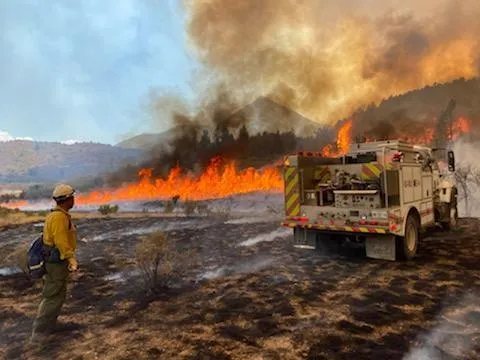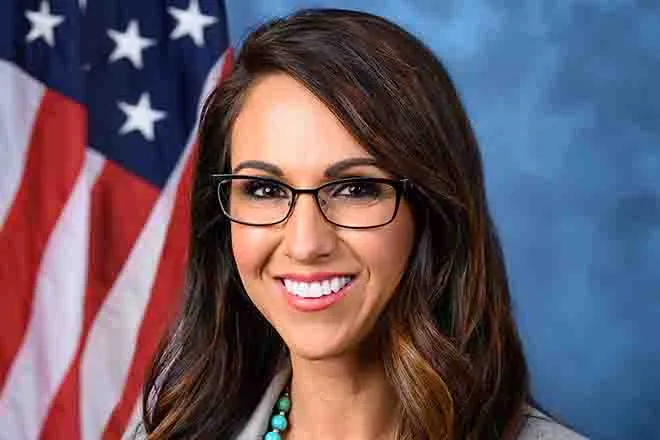
Secretary Williams Encourages Verifying Charities before Giving
© iStock
With the holiday season under way, Colorado Secretary of State Wayne Williams asks Coloradans to give generously to their favorite charities but also to give wisely.
"It is important for Coloradans to research the charities they support and feel confident that their donations are being used prudently," Williams said. "To this end, we encourage everyone to use CheckTheCharity.com to learn more about their favorite charities before making donations."
Here are the Secretary of State’s wise giving tips:
General Wise Giving Tips
- Verify the official name and website of the charity you wish to support. Beware of any names that sound too similar to well-known organizations and beware of lookalike websites, especially if you are asked to provide personal financial information.
- Make sure you understand and support the charity’s mission before deciding to give. Visit the charity’s website, where you can find information about its mission, history, and leadership, as well as recent annual reports and financial statements.
- Visit checkthecharity.com to review the charity’s filings with the Colorado Secretary of State. The registration filings include the charity’s registration number, information about the organization's leadership, mission, financial efficiency, and its use of commercial fundraisers.
- Request a copy of the organization’s Form 990, which is an annual information return filed with the IRS. Some websites (e.g. Foundation Center and GuideStar) post images of all recent Forms 990, so it’s also easy to look up yourself, especially if you know the organization’s federal employer ID number (EIN).
- Be wary if the charity fails to provide detailed information about its identity, mission, and finances and how the donation will be used. Reputable charities will gladly provide the information requested.
- Confirm how much of your donation will go to the organization’s program(s) versus its administrative or fundraising expenses. If it’s important to you, designate which particular programs you want your donation to support.
- Confirm the tax-deductibility of donations from the organization’s website, solicitation materials, or regulatory filings. If you’re not sure, ask.
- Do not pay in cash. Donate by check made payable to the charity or use the charity's website to donate by credit card.
Tips for Telephone Solicitations and In-Person (face-to-face)
While the general tips listed above are important in all giving decisions, the Secretary of State has also posted tips specifically tailored for telephone solicitations. These include:
- Ask if the caller is a paid solicitor. If they are, ask for the name and registration number of the paid solicitor who employs the caller and confirm their registration status on the Secretary of State’s website.
- Ask what percent of your donation will go to the charity versus to the telemarketer.
- Did the caller say the money would be used locally? How important is that information to you?
- Be especially wary if the caller offers to send a courier to pick up your donation.
- Do not allow the caller to use inappropriate pressure tactics or harass you into making a donation. If you’re uncomfortable, say no thank you or hang up.
- If solicited in person, ask for identification.
Tips for Internet and Social Media
The Secretary of State has posted tips specifically tailored for internet and social media solicitations. These include:
- Don’t assume that charity recommendations on Facebook, blogs or other social media have already been vetted. Research the charity yourself.
- If you want to set up a peer-to-peer fundraising page, please contact the charity beforehand to get permission to use its name and to make sure the representations you make on your page are correct.
- Be extra vigilant when donating online in the wake of natural disasters or national tragedies. Some charities are formed shortly after these events and may have the best of intentions; however, an existing charity is more likely to have the sound management and experience to quickly respond to these situations, and it will have a track record, which you can review. And, unfortunately, sham charities often pop up to take advantage of people’s generosity during these times.
The state's annual reports on charitable giving are available here. The reports analyze and illustrate the information reported by registered charities and paid solicitors, most notably the results of the joint solicitation campaigns they conducted during the previous year. The 2017 annual report will be available in January 2018.
Consumers should report suspected fraudulent charitable solicitations to the Colorado Secretary of State's Office or the Attorney General's Office.















